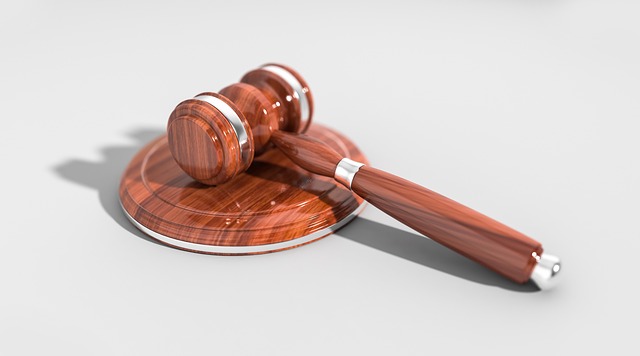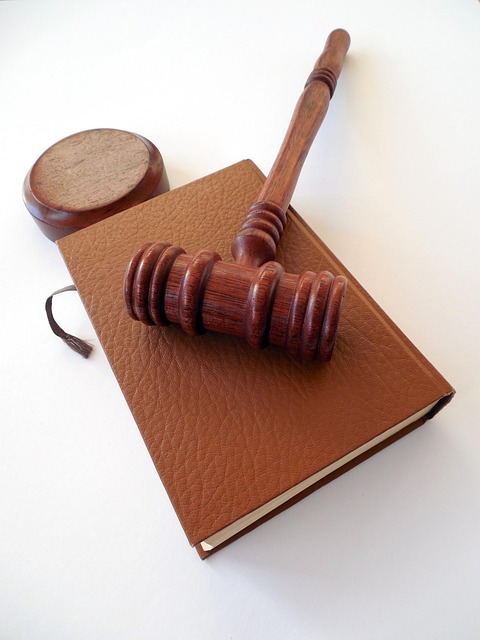In Oregon, mounting an effective criminal charges defense involves understanding specific allegations and their penalties under state law. Defense attorneys guide clients through their rights and key strategies include challenging evidence, questioning witness testimonies, and leveraging legal loopholes or procedural errors. Common tactics also involve suppressing interrogation statements or physical evidence obtained without a warrant (Fifth and Fourth Amendment rights), revealing witness inconsistencies or biases through cross-examination, and establishing a defendant's good reputation with character evidence. Assembling a competent legal team, led by an experienced criminal defense attorney, is crucial for navigating the process and building a strong defense.
In Oregon, facing criminal allegations can be daunting, but understanding your rights and available defense strategies is crucial. This article guides you through navigating complex legal processes, offering insights into effective defense tactics against criminal charges. From comprehending the nature of accusations to exploring common strategies, we equip you with knowledge. Learn how to build a robust defense, ensuring your rights are protected throughout the legal journey. Discover key steps and expert tips for success in Oregon’s criminal justice system.
- Understanding Criminal Charges and Defense Rights in Oregon
- Common Defense Strategies Against Criminal Allegations
- Navigating the Legal Process: Steps to Building a Strong Defense
Understanding Criminal Charges and Defense Rights in Oregon

In Oregon, understanding the nature of criminal charges is a critical first step in mounting an effective defense strategy. Individuals facing accusations should familiarize themselves with the specific crimes alleged, as defined by state laws. Each crime carries unique penalties and legal implications, necessitating tailored defense approaches. Defense attorneys play a pivotal role in guiding clients through this process, ensuring they comprehend their rights and options.
Oregon residents accused of crimes enjoy certain constitutional protections. These include the right to remain silent, consult with an attorney, and demand a fair trial. Knowing these rights empowers individuals to make informed decisions during legal proceedings. Effective criminal charges defense strategies often involve challenging the evidence presented by prosecutors, raising doubts about witness testimonies, and leveraging legal loopholes or procedural errors to exculpate the accused.
Common Defense Strategies Against Criminal Allegations

When facing criminal allegations in Oregon, understanding common defense strategies is paramount. One popular approach involves challenging the admissibility of evidence. This often includes motions to suppress statements made during interrogation or physical evidence obtained without a valid search warrant. Lawyers may argue that such evidence violates the defendant’s constitutional rights, particularly the Fifth and Fourth Amendments.
Another strategy is to question the credibility of witnesses. Cross-examination plays a crucial role in this, aiming to reveal inconsistencies, biases, or any reason why their testimony might be untrustworthy. Additionally, many defenses rely on character evidence to sway jurors’ perceptions, establishing the defendant’s good reputation to counter the criminal allegations. These strategies collectively form the backbone of effective criminal charges defense in Oregon.
Navigating the Legal Process: Steps to Building a Strong Defense

Navigating the legal process when facing criminal charges can be daunting, but understanding the steps to building a strong defense is crucial. The first step involves assembling a competent legal team, including an experienced criminal defense attorney who can guide you through each phase. They will help you understand the allegations and gather evidence to support your case. This includes identifying potential witnesses, reviewing police reports, and examining any physical evidence to ensure it was collected properly and accurately represents the incident.
Additionally, your attorney will play a vital role in shaping your defense strategies by exploring legal loopholes, challenging the prosecution’s narrative, and presenting alternative explanations for the alleged crimes. They may employ various tactics such as cross-examining witnesses, introducing character evidence, or utilizing expert testimonies to weaken the case against you. A strong defense strategy also involves staying organized, keeping detailed records of all communications and documents related to the case, and adhering to court deadlines.






